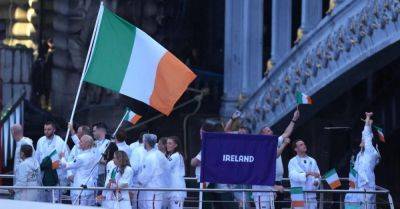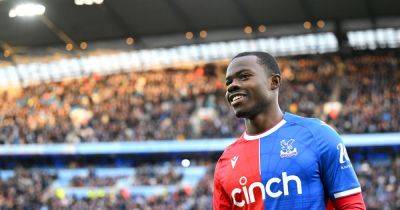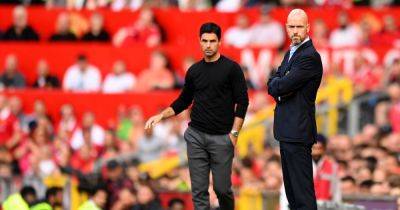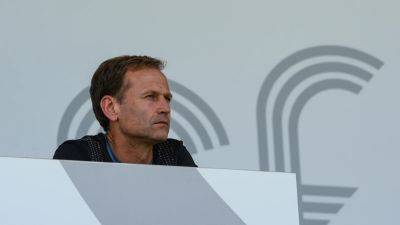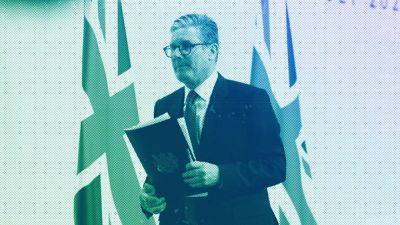What a Labour government means for Man City and Man United after Sir Keir Starmer election
For the first time in 14 years, the UK has a Labour government.
Having swept to power in the general election on Thursday, bringing an end to Conservative rule, new Prime Minister Sir Keir Starmer has a pretty hefty in-tray to deal with when he enters No.10. But what does a Labour government mean for football in the UK, and to what extent does it impact the changing landscape of the game that had been set out in the Football Governance Bill that was introduced by the Tory government?
The Bill had broad cross-party support, and was put before MPs back in March, but with the potential for a change in government it ran out of road for it to be passed into UK law, meaning that getting it over the line falls under the remit of the new Labour government.
ALSO READ: Man City stance on Jarrad Branthwaite after £70m 'hijack' of Man United transfer
ALSO READ: Dan Ashworth's first words at Man United speak volumes as Erik ten Hag demand made
Following the collapse of Bury FC in 2019, a fan-led review into football governance became party of the Tory manifesto for that year, where recommendations were put forth following a report by Conservative MP Tracey Crouch that the game needed an independent regulator in this country.
Those calls gained wider support following the doomed attempt of six of English football’s biggest clubs; Liverpool, Arsenal, Chelsea, Manchester City, Manchester United, and Tottenham Hotspur, to breakaway with six teams from across Europe to form a European Super League.
That idea was emphatically rejected by football fans across Europe, and the need for reform around what owners should and shouldn’t be able to do with their clubs took on greater significance.
Across the EFL and non-league football there is



